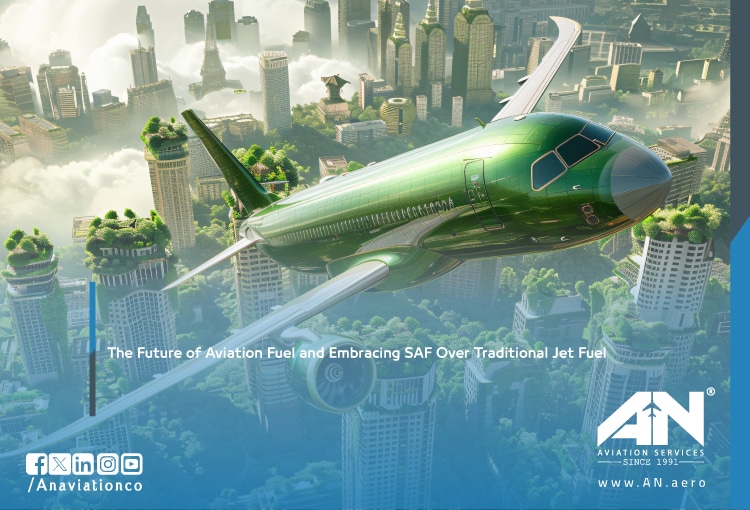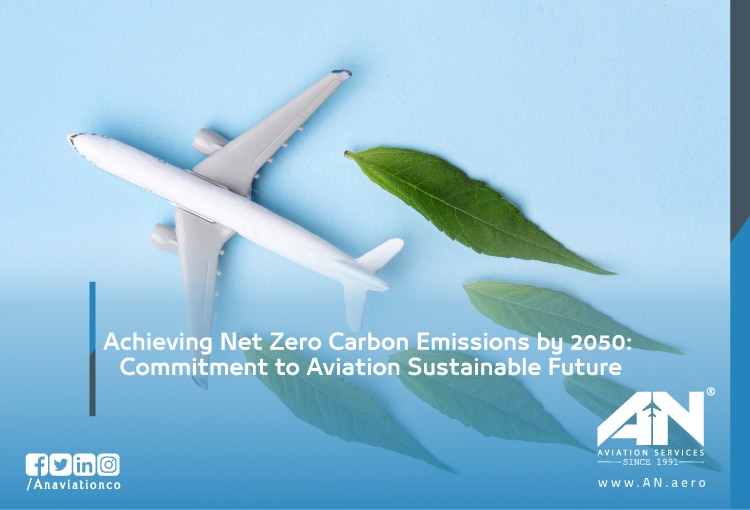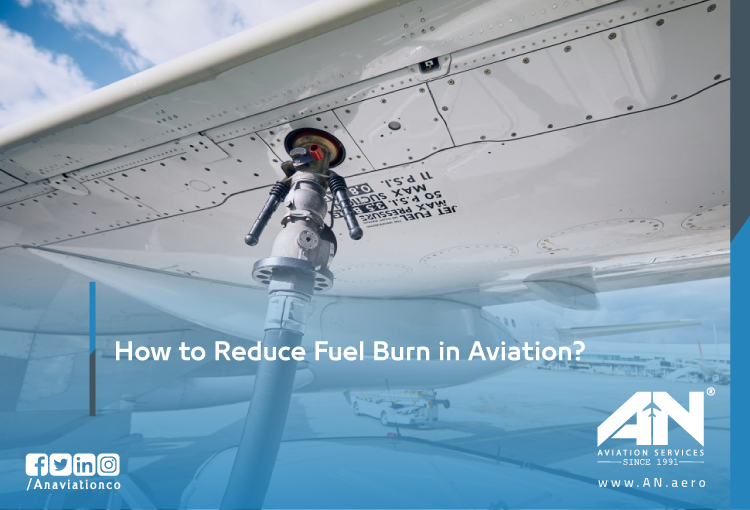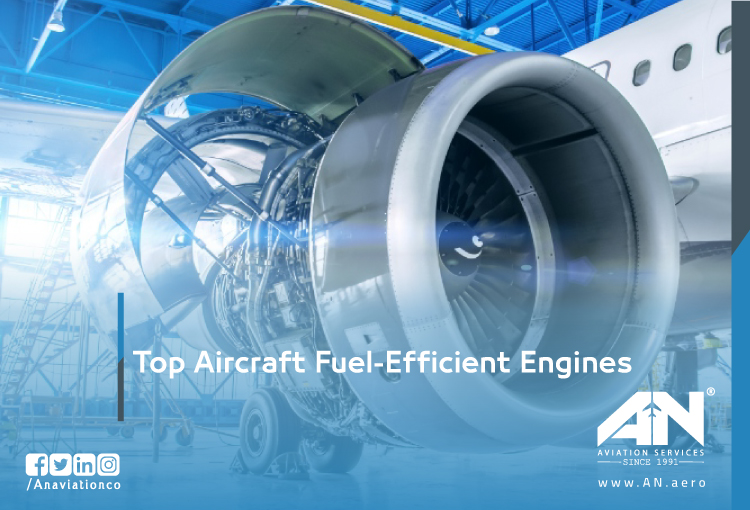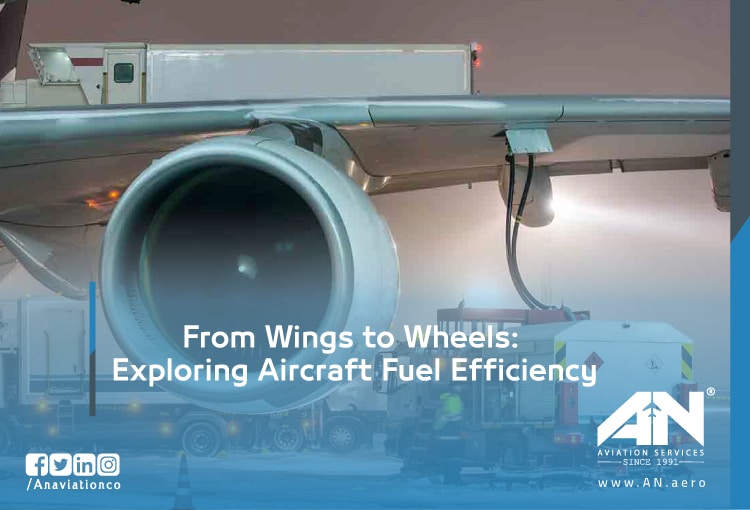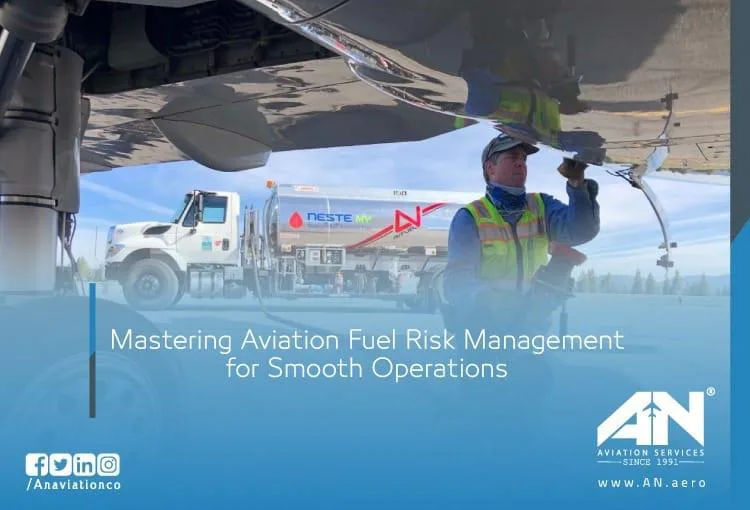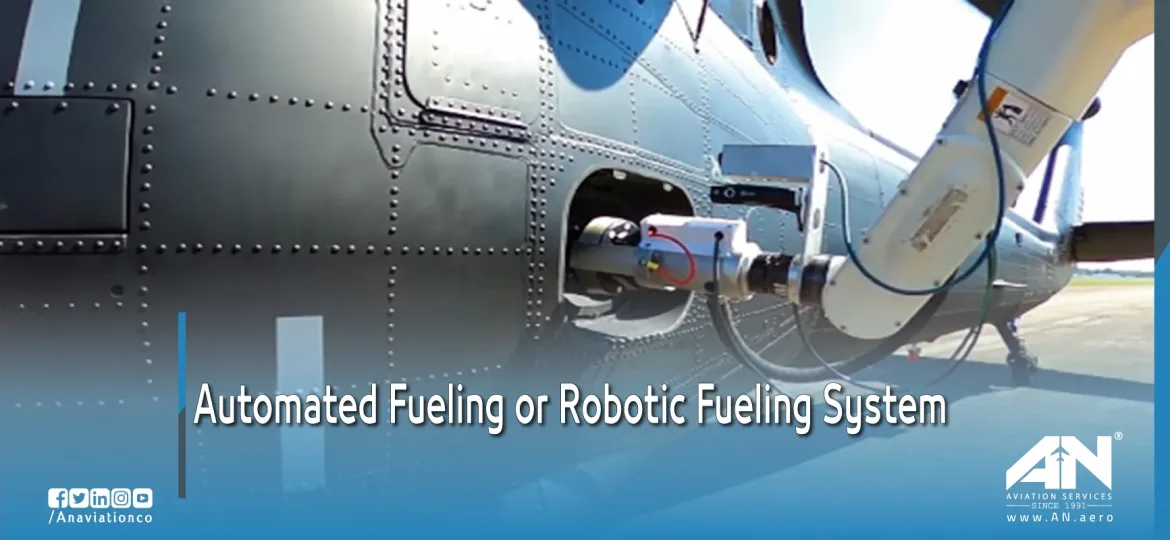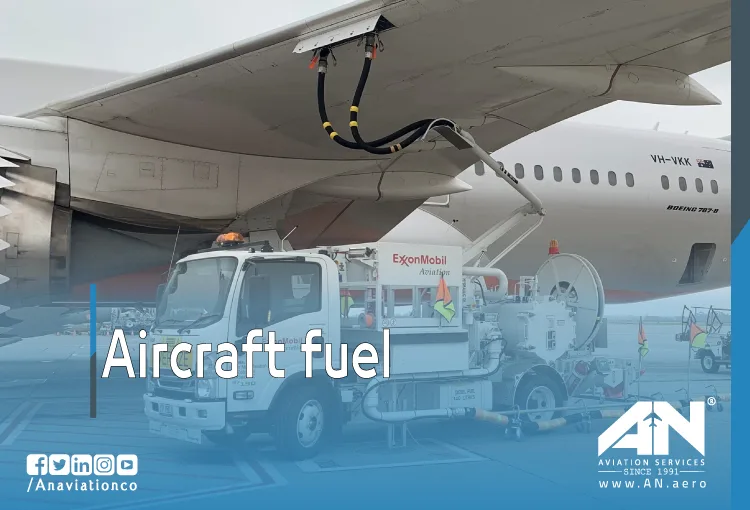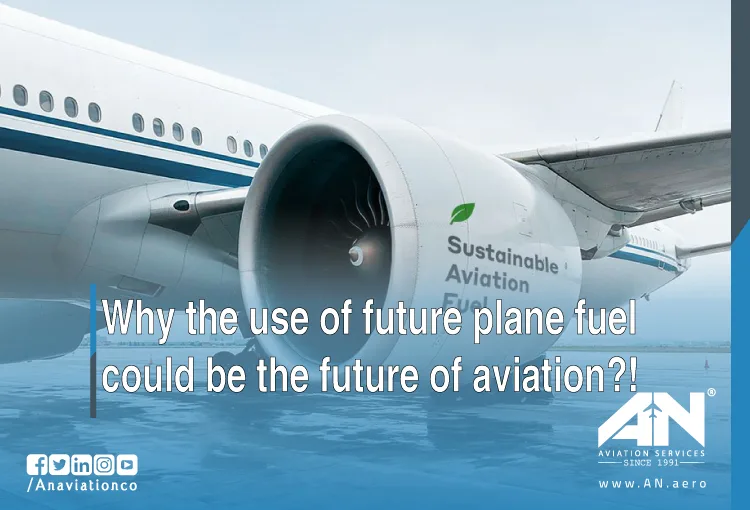Fuel efficiency isn’t just about saving money anymore. It’s about staying competitive, reducing environmental impact, and improving long-term operational performance.
Fuel
Jet fuel’s been powering planes for decades. But now, the aviation industry’s starting to switch from traditional jet fuel to something cleaner: SAF, or Sustainable Aviation Fuel.
The global push for net zero carbon emissions is reshaping industries, with aviation facing unique challenges due to its reliance on fossil fuels.
Fuel efficiency has become a critical focus in the aviation industry due to its direct impact on both operational costs and environmental sustainability.
The aviation industry has long been characterized by its high consumption of fuel, largely due to the need for powering large, sophisticated aircraft across vast distances.
Aircraft fuel efficiency is crucial for both economic and environmental reasons. It helps airlines reduce costs and lowers greenhouse gas emissions, contributing to a greener planet.
As one of the largest operational costs for airlines and aviation service providers, aviation fuel requires meticulous planning and monitoring to ensure efficient, uninterrupted operations.
The aviation industry is continuously exploring cutting-edge technologies to enhance efficiency, reduce operational costs, and improve safety.
When it comes to keeping aircraft in the skies, aviation fuel is the backbone of the aviation industry.
As the aviation industry takes significant steps toward becoming more environmentally sustainable, the concept of future airplane fuel has emerged as a groundbreaking innovation that could redefine air travel.



